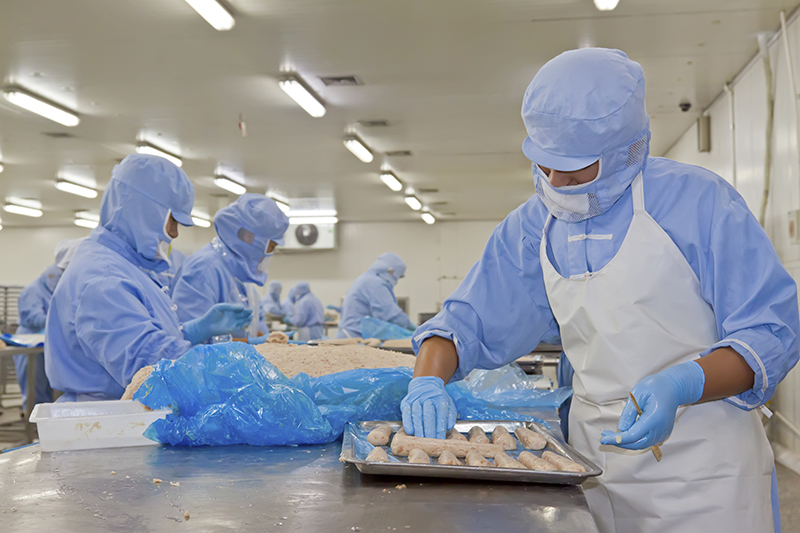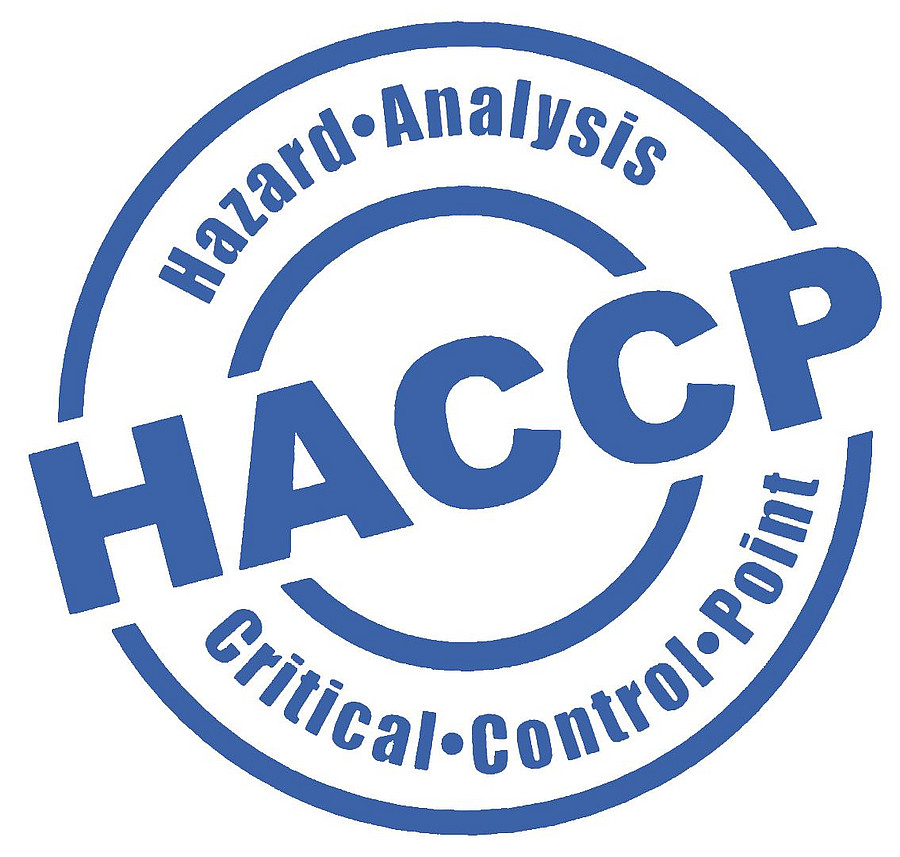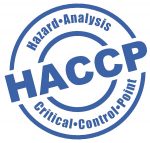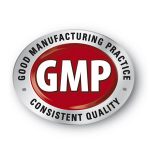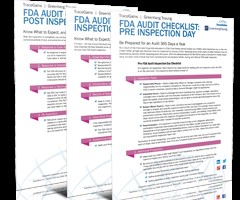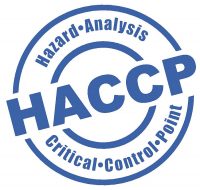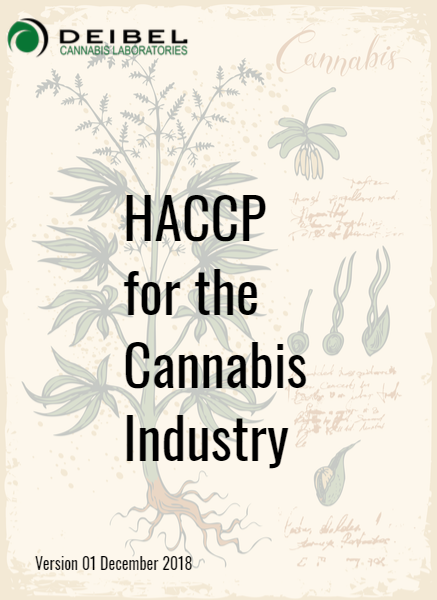To reinforce the ideas in the article, Sanitation Starting Points: More Than Sweeping the Floors and Wiping Down the Table, the main goal of sanitation is to produce safe food and to keep consumers healthy and safe from foodborne illness. With the cannabis industry growing rapidly, cannabis reaches a larger, wider audience. This population includes consumers most vulnerable to foodborne illness such as people with immunocompromised systems, the elderly, the pregnant, or the young. These consumers, and all consumers, need and deserve safe cannabis products every experience.
 Sanitation is not an innate characteristic; rather, sanitation is a trained skill. To carry out proper sanitation, training on proper sanitation practices needs to be provided. Every cannabis food manufacturing facility should require and value a written sanitation program. However, a written program naturally needs to be carried out by people. Hiring experienced experts may be one solution and developing non-specialists into an effective team is an alternative solution. Note that it takes every member of the team, even those without “sanitation” in their title, to carry out an effective sanitation program.
Sanitation is not an innate characteristic; rather, sanitation is a trained skill. To carry out proper sanitation, training on proper sanitation practices needs to be provided. Every cannabis food manufacturing facility should require and value a written sanitation program. However, a written program naturally needs to be carried out by people. Hiring experienced experts may be one solution and developing non-specialists into an effective team is an alternative solution. Note that it takes every member of the team, even those without “sanitation” in their title, to carry out an effective sanitation program.
Sanitation is a part of the Food and Drug Administration’s Code of Federal Regulations on current Good Manufacturing Practices (GMPs) in manufacturing, packing or holding human food (21 CFR 110). Sanitation starts at the beginning of a food manufacturing process; even before we are ready to work, there are microorganisms, or microbes, present on the work surfaces. What are microbes? At a very basic level, the effects of microbes can be categorized into the good, the bad, and the ugly. The beneficial effects are when microbes are used to produce cheese, beer or yogurt. On the other hand, microbes can have undesirable effects that spoil food, altering the quality aspects such as taste or visual appeal. The last category are microbes that have consequences such as illness, organ failure and even death.In a food manufacturing facility, minimizing microbes at the beginning of the process increases the chance of producing safe food.
Proper sanitation training allows cannabis food manufacturing facilities to maintain a clean environment to prevent foodborne illness from affecting human health. Sanitation training can be as basic or as complex as the company and its processes; as such, sanitation training must evolve alongside the company’s growth. Here are five key talking points to cover in a basic sanitation training program for any facility.
- Provide the “why” of sanitation. While Simon Sinek’s TEDx talk “Start with why” is geared more towards leadership, the essential message that “Whether individuals or organizations, we follow those who lead not because we have to, but because we want to.” Merely paying someone to complete a task will not always yield the same results as inspiring someone to care about their work. Providing examples of the importance of sanitation in keeping people healthy and safe will impart a deeper motivation for all to practice proper sanitation. An entertaining illustration for the “why” is to share that scientists at the University of Arizona found that cellphones can carry ten times more bacteria than toilet seats!
- Define cleaning and sanitizing. Cleaning does not equal sanitizing. Cleaning merely removes visible soil from a surface while sanitizing reduces the number of microorganisms on the clean surface to safe levels. For an effective sanitation system, first clean then sanitize all utensils and food-contact surfaces of equipment before use (FDA Food Code 2017 4-7).
- Explain from the ground up. Instead of jumping into the training of cleaning a specific piece of equipment, start training with the foundational aspects of food safety. For example, a basic instruction on microbiology and microorganisms will lay down the foundation for all future training. Understanding that FATTOM (the acronym for food, acidity, temperature, time, oxygen and moisture) are the variables that any microorganism needs to grow supplies people with the tools to understand how to prevent microorganisms from growing. Furthermore, explaining the basics such as the common foodborne illnesses can reinforce the “why” of sanitation.

PPE for all employees at every stage of processing is essential - Inform about the principles of chemistry and chemicals. A basic introduction to chemicals and the pH scale can go a long way in having the knowledge to prevent mixing incompatible chemicals, prevent damaging surfaces, or prevent hurting people. Additionally, proper concentration (i.e. dilution) is key in the effectiveness of the cleaning chemicals.
- Ensure the training is relevant and applicable to your company. Direct proper sanitation practices with a strong master sanitation schedule and ensure accountability with daily, weekly, monthly and annual logs. Develop sanitation standard operating procedures (SSOPs), maintain safety data sheets (SDS’s) and dispense proper protective equipment (PPE).
Overall, sanitation is everyone’s job. All employees at all levels will benefit from learning about proper sanitation practices. As such, it is beneficial to incorporate sanitation practices into cannabis food manufacturing processes from the beginning. Protect your brand from product rework or recalls and, most importantly, protect your consumers from foodborne illness, by practicing proper sanitation.

